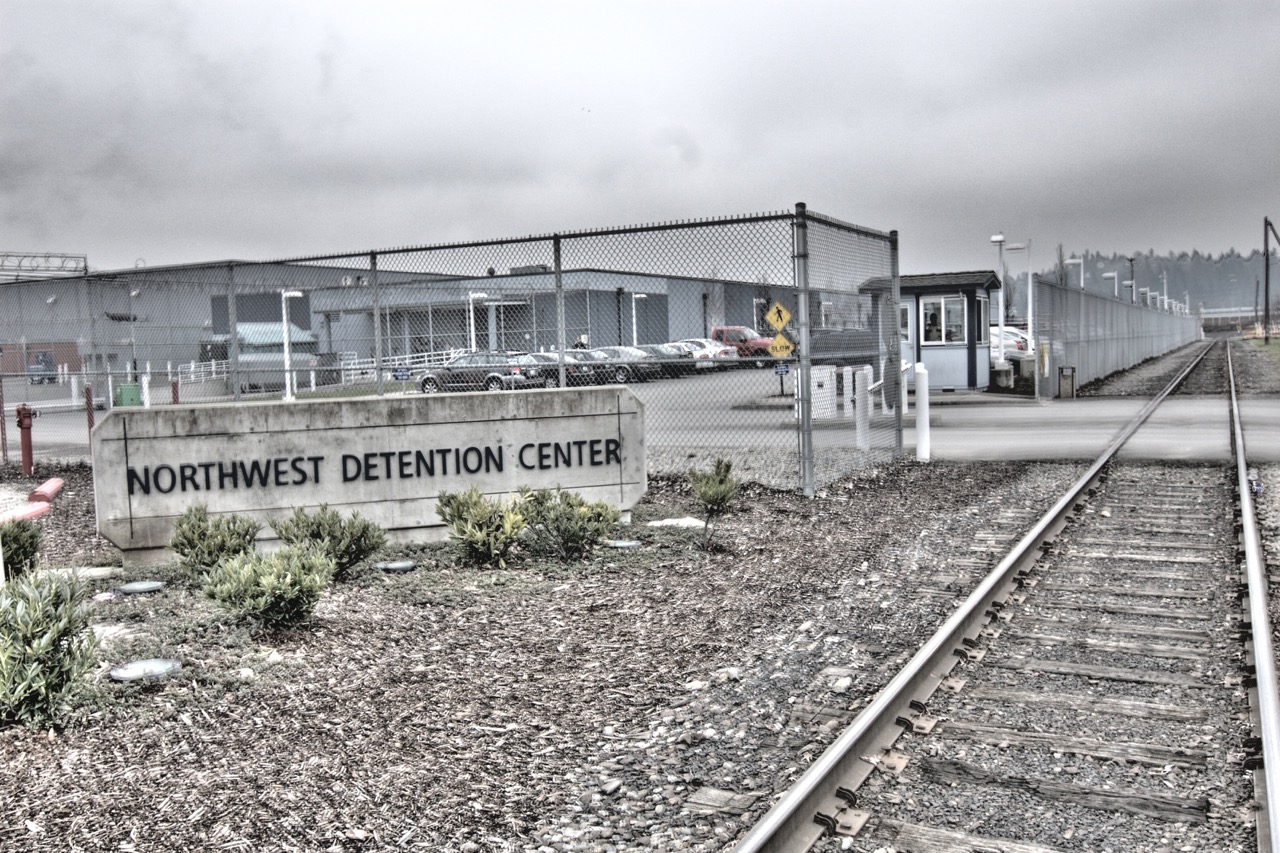“Do Not Let the Fear Take Over:” Puget Sound’s Response to Threat of ICE Raids on School Campuses

By Grace Farrell
In the wake of President Donald Trump’s return to office, the nation has exhibited a variety of reactions to the staggering amount of executive orders and sweeping statements made by the President. Our campus has remained largely silent. Students, staff and faculty alike report fear and uncertainty in the rapidly shifting political climate, but no explicit political protests have occurred at Puget Sound. Despite President Crawford’s recent email reaffirming Puget Sound’s efforts to protect undocumented students, little response has been seen from students.
This was notable to U.S. Politics Professor Robin Jacobson, PhD, who observed a lack of voiced student protests against Trump’s executive actions compared to those during his first term in 2017. “We had greater response from the campus community at that time,” she said. Students were particularly outraged by Trump’s attack on the Deferred Action for Childhood Arrivals policy (DACA). “We had a big event in the Student Union. Faculty and students took over the SUB during the lunch hour. Some undocumented and DACA students chose to share their experiences, their fears and their anger. It was a moment of solidarity and action. I don’t see that moment right now. Maybe it’s coming, but I don’t know, ” Jacobsen said.
On his second day in office, Trump rescinded a policy preventing immigration arrests on school campuses, permitting US Immigration and Customs Enforcement (ICE) to arrest undocumented individuals in educational and religious spaces. Similar to his attempt to revoke birthright citizenship, which a federal judge in Seattle blocked, uncertainties remain about Trump’s practical and legal ability to implement such policies. Jacobson explained that a variety of barriers may prevent such policies from being enacted, at least immediately. These relate primarily to due process concerns — particular procedures that the government must take when repealing individual rights — and to the general constitutionality of Trump’s decisions.
Following the 2016 election, a national movement to designate universities as “sanctuary campuses” arose in an effort to protect undocumented students. Puget Sound professors Jacobson and Dr. Monica DeHart collaborated to draft a petition in alignment with this movement, which ultimately garnered 1,187 signatures from students, faculty and staff, alumni and other community supporters. The petition was forwarded to the Board of Trustees but was not approved due to concerns that a symbolic designation would bring risky attention to the communities it intended to protect. While President Crawford clarified the University’s commitment to associated policies in public statements, Puget Sound was not designated as a sanctuary campus. In a website statement from Dec. 9, 2016, Crawford explained “While understanding the symbolic value of declaring Puget Sound a sanctuary campus, we recognize that adopting such a label carries with it the potential for serious ramifications that could adversely affect the very populations we seek to support.”
Despite Crawford’s concerns about the lack of legal definition for sanctuary campuses, many still stand by the protection it offers to undocumented students, at least symbolically. Jacobson said that she and DeHart are considering reinvigorating the effort towards designating Puget Sound as a sanctuary campus; they also developed a campus workshop in response to recent concerns of on-campus ICE raids. The workshop was held on Feb. 13 in collaboration with the Northwest Immigrants Rights Project and outlined student rights should ICE operate on campus. “There is a whole set of folks right now whose lives have been upended through cancellation of temporary protected status programs and cancellation of some asylum pathways,” Jacobsen said. She sees the workshop event as critical in response to these dramatic changes.
Jacobsen also suggested that students direct their attention to the Northwest ICE Processing Center (NWIPC), a local detention center that the Tacoma News Tribune reported may see an increase in overcrowding and inhumane conditions as deportation efforts increase. Local immigrant rights advocacy group La Resistencia continues to report about poor conditions within the center, based on communications with detainees. On their Instagram, they share “Calls to Action” prompting concerned citizens to call senators and ICE, demanding that detainees be freed from the center.
Additional resources available to Puget Sound community members are outlined by Dr. Lorna Hernandez Jarvis, Vice President for Institutional Equity and Diversity. Hernandez Jarvis urges anyone who encounters ICE personnel to contact Security Services before providing them with any personal information.
Hernandez Jarvis articulated concerns about attacks on diversity, equity and inclusion throughout the nation and potential legal challenges to school support of undocumented immigrants. However, she reaffirms that the administration will do everything in its power to uphold the privacy of its community members “because that’s the moral thing to do and the ethical thing to do.” Jacobson echoed this, and encouraged more student advocacy. “The first thing to do is to take control of your own attention,” she said. University Chaplain Dave Wright says that they will be available to offer support to members of the community directly or indirectly experiencing harm by the threats, policies or actions emerging from Congress and the White House.
As students continue to educate themselves and utilize these campus resources, Hernandez Jarvis is hopeful that we can exhibit resilience in moving forward. “There is a reason we are institutions of higher education,” she said. “We know how to think critically. We know how to respond logically to threats.” She urges students to encourage the community not to “let the fear take over.”
